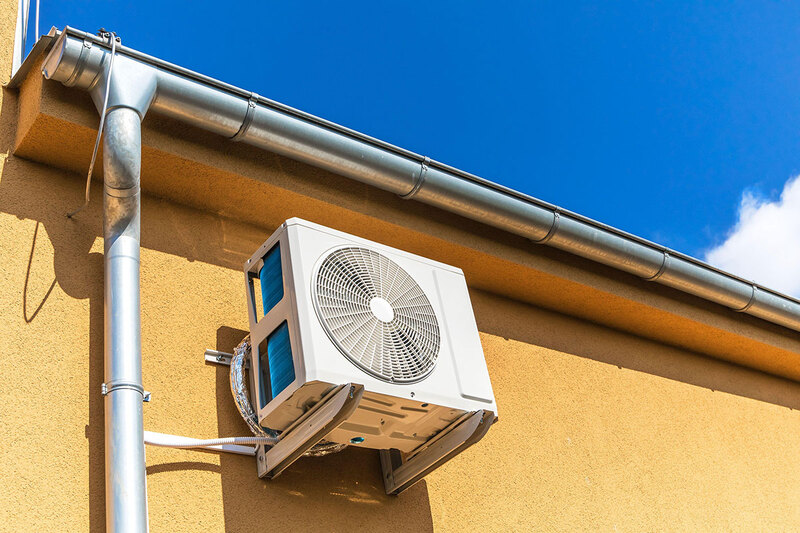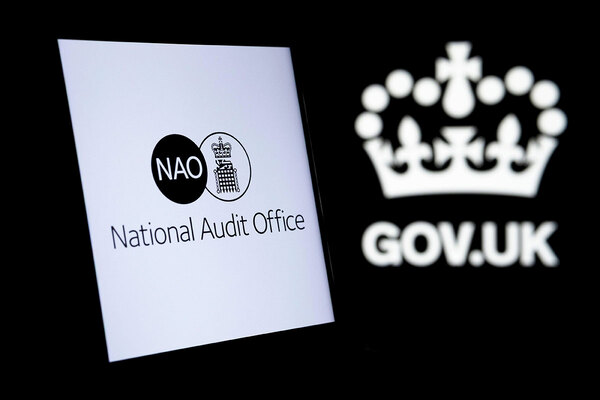Government considers expanding heat pump grants to include air conditioning
The government is considering expanding the Boiler Upgrade Scheme (BUS) for homeowners and landlords to include air-to-air heat pumps, which cool as well as heat.

Extending the £7,500 grant to include air-to-air systems would help to protect residents from extreme weather, the Department for Energy Security and Net Zero (DESNZ) said.
A DESNZ spokesperson told Inside Housing: “The climate and nature crises are among the greatest long-term challenges we face, and we are taking action to future-proof homes and communities.
“We have consulted on expanding the BUS to include air-to-air heat pumps – giving working families more choice – and are improving the energy efficiency of housing to cope with higher temperatures.”
The BUS currently covers air-source heat pumps and ground-source heat pumps to provide central heating. Extending it to include air-to-air systems would provide both warm and cold air.
In June, which was the hottest month on record in England, an estimated 263 heat-related deaths were recorded in London, according to analysis by Imperial College London.
This week, the Met Office’s annual State of the UK Climate report revealed that the number of very hot days was four times higher in the most recent decade than in the previous 30 years.
The BUS currently contributes £7,500 each towards heat pumps. Domestic air-conditioning systems can cost residents thousands of pounds to install.
The government has already allocated almost £2bn in funding for the BUS to install 600,000 heat pumps a year up to March 2028, and it plans to continue the scheme to 2030.
Campaign group Britain Remade said that when it comes to new builds, building regulations designed to prevent “overheating” are stopping house builders from installing air-conditioning units in most new homes. This is causing builders to rely on “passive means of limiting unwanted solar gains and removing excess heat”.
DESNZ said that where energy-efficiency measures have been installed, they have been designed with the appropriate ventilation to minimise the risk of overheating in the summer.
It also said that building regulations include specific requirements to reduce overheating in new homes, and housing tenants who believe their property is unsafe because of excess heat should contact their local council.
Last week, the National Warm Homes Council, which represents businesses delivering home-energy upgrades, called on the government to expand its Warm Homes Plan into a full Cool Homes Strategy that protects residents year-round.
It said the most effective way to keep homes cool is through well-installed, protected insulation paired with ventilation.
The House of Commons Environmental Audit Committee also warned that current government schemes treat housing efficiency as a winter-only concern.
Claire Coutinho, Conservative shadow energy secretary, said: “Brits can’t be the only people not allowed aircon because bureaucrats in ivory towers think it uses too much energy. That is exactly the kind of poverty mindset we need to bin.”


